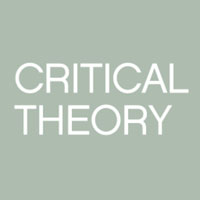Position of Poets in Plato's Ideal State: A Short Note
Plato holds that the mere reduplication of our world in imaginative narrative and description, does not lead us to true knowledge. Therefore, the poet's reduplication of the world of appearances does not teach the society the true knowledge of ideas.

The world of appearances itself is a duplication of the world of ideas. Or, our world is an imitation of the world of eternally existing ideas. And the poet, by imitating this world, merely produces an imitation of an imitation. Thus his poetry is twice removed from reality. It deals with illusion. Plato claims that poetry cannot be, a medium of teaching; it insinuates wrong ideas and moves passion in people. In Plato's Ideal state, poets are strictly prohibited because they are dangerous to society as they lead me away from the truth. They demoralize readers by picturing human sufferings and disasters in such a way that divine goodness and justice are brought into question. They may project the gods as responsible for strife and evil and may spot the unspottable essence of God.
Plato is strongly wary of poets because what they write are results of their being out of their mind and of their reason. Poetry is a creation that is possible when the poet is passionately moved within himself, thereby neglecting the reasoning faculty. Therefore, he cannot be a true observer and presenter of reality. His creation cannot be relied upon to make the individual, the society and the state better. Thus, all the poets should be banished from ideal state and society.
Browse by Question
Browse by Republic
Republic by Plato: Introduction
Plato's view compared to Aristotle and Shelley
 |
bachelorandmaster.com |